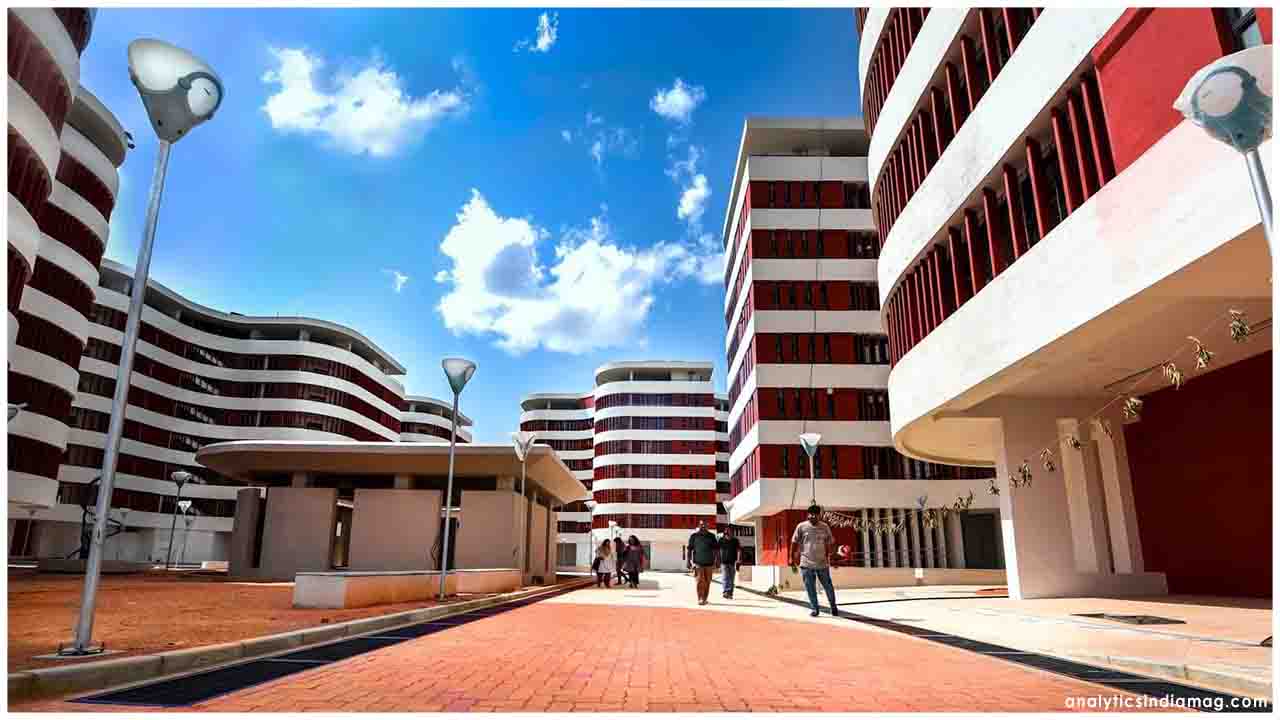Researchers at the Indian Institute of Technology-Hyderabad have developed a low cost and Artificial Intelligence-based test kit for COVID-19. These kits can give results in about 20 minutes.
Lead researcher Prof Shiv Govid Singh of the Department of Electrical Engineering at the IIT-H, said that the test kits have already been tried at the ESIC hospital and the results are encouraging. He said the test kits are Reverse Tranion Polymerase Chain Reaction (RT-PCR)-free and get rid of many processes.
He further said the cost of COVID testing with these IIT-H BioChips will be around 600 rupees and can be almost halved in case of mass production of the chips. He says the 100 percent indigenous technology can be handled by a high school graduate student.
These kits can be transported to rural areas as they are very light and helpful to increase the testing for COVID-19 in the country.
In another news update from IIT Hyderabad, Union Minister, Dr. Jitendra Singh lauded the efforts of IIT Hyderabad, which has come up with yet another innovation in collaboration with eminent institutes like ESIC Medical College, ECIL, Hyderabad and TIFR, Hyderabad. Dr Singh said that the COVID BEEP is a perfect example of how synergy amongst the reputed institutes of India can offer solutions to most of the challenges faced by the country with minimum cost and thereby make the country Atmanirbhar in true sense.
COVID BEEP (Continuous Oxygenation & Vital Information Detection Biomed ECIL ESIC Pod) is India’s first indigenous, cost-effective, wireless physiological parameters monitoring system for COVID-19 patients, developed by ESIC Medical College Hyderabad in collaboration with IIT Hyderabad and Department Of Atomic Energy. Dr. Singh stressed on the importance of prevention and awareness in dealing with this pandemic effectively, now that the process of unlocking has started in a phased manner after an effective and timely lockdown for close to two months.
Dr Singh also said that COVID BEEP would emerge as an effective antidote to the original COVID; the pandemic which the entire world is currently grappling with.
Incidentally, the latest version of COVID BEEP has also been incorporated in the ECG monitoring. COVID BEEP will greatly reduce the transmission risk as well as help save resources like PPEs.
Dr. Singh appreciated the work of the Department of Atomic Energy, under which ECIL falls, in developing solutions to many health-related issues.
Meanwhile, during the last 24 hours, a total of 5,220 COVID-19 patients have been cured in the country. So far, a total of 1,19,293 patients have been cured taking the recovery rate to 48.37 percent.
There are 1,20,406 active COVID cases across the country and all are under active medical supervision.
Indian Council of Medical Research (ICMR) has further ramped up the testing capacity for detecting the novel Coronavirus. A total of 759 testing facilities exist in the country as on date with 531 government and 228 private labs

 IIT Hyderabad at the peak of innovations to fight the war against Coronavirus
IIT Hyderabad at the peak of innovations to fight the war against Coronavirus










.jpeg)

.jpg)


.jpeg)
.jpeg)


.jpeg)
.jpg)





.jpeg)


